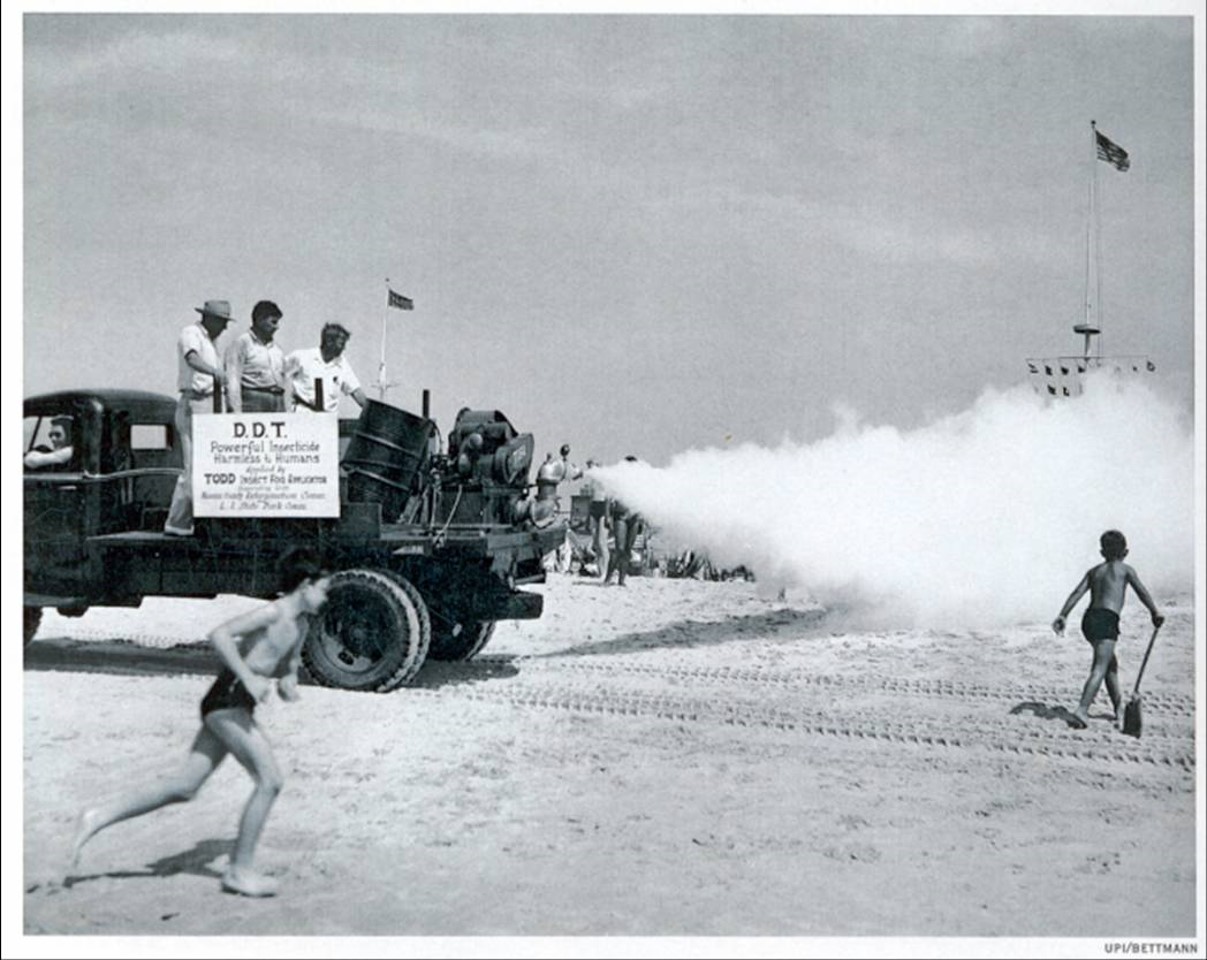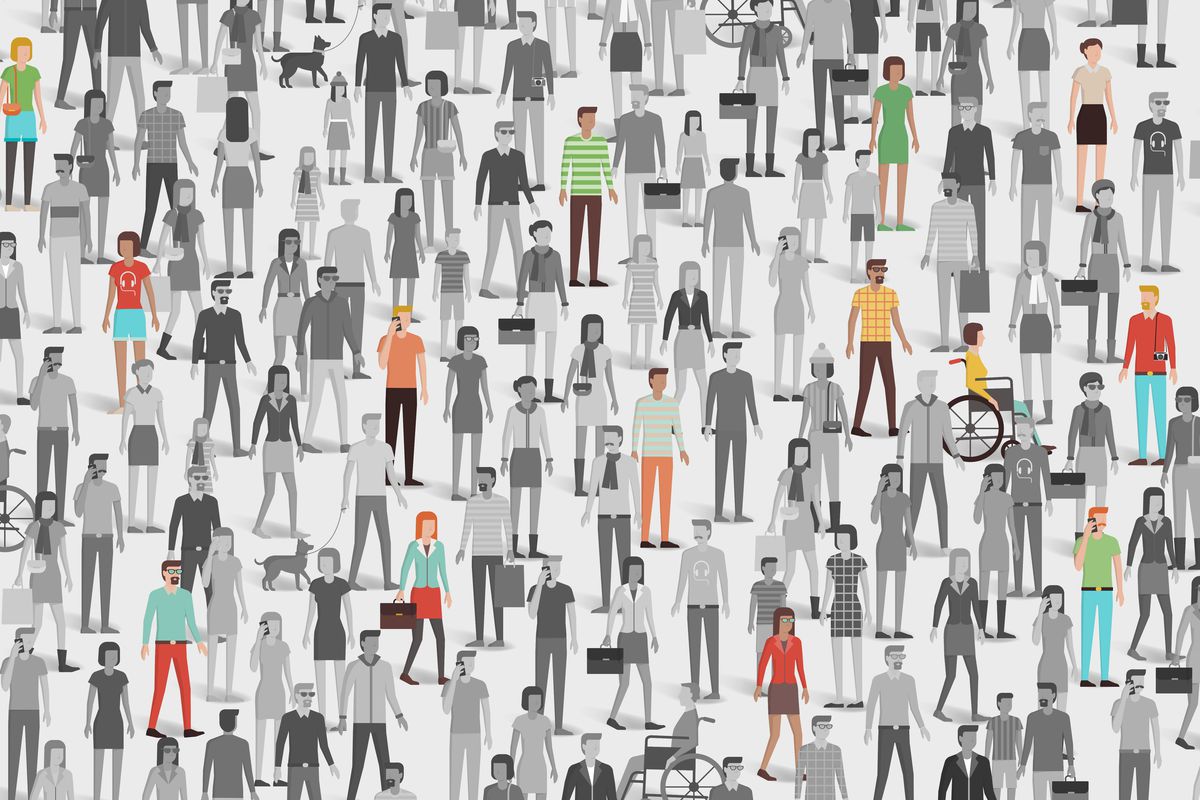Career Research Resources: Complete Guide to Library Services and Tools
Essential career research resources at your local library
Modern libraries serve as comprehensive career development centers, offer far more than books and quiet study spaces. These institutions provide extensive resources design to support jobseekers, career changers, and professionals look to advance their careers. Understand what’s available can importantly enhance your career research and job search effectiveness.
Libraries have evolved into dynamic career support hubs, equip with digital databases, assessment tools, and expert guidance. Whether you’reexplorede new career paths, prepare for interviews, or develop professional skills, library resources can provide the foundation for successful career transitions.
Digital career databases and online resources
Most libraries provide access to premium career databases that would differently require expensive subscriptions. These platforms offer comprehensive industry information, salary data, and job market trends that inform career decisions.
Popular career databases available through library systems include reference USA for company research, which provide detailed information about potential employers, include contact information, employee counts, and financial data. This resource prove invaluable when research companies before interviews or identify potential networking opportunities.
Vault career intelligence offer insider perspectives on various industries and companies, include employee reviews, interview questions, and career advice from professionals in specific fields. This database help jobseekers understand company cultures and prepare for industry specific challenges.
Many libraries besides provide access to LinkedIn learning, east lynda.com, which offer thousands of professional development courses. These courses cover technical skills, software training, and soft skills’ development, allow patrons to enhance their qualifications from the library or remotely.
Career assessment tools and personality tests
Professional career assessment tools available at libraries help individuals identify suitable career paths base on their interests, skills, and personality traits. These scientifically back assessments provide objective insights that guide career exploration.
The strong interest inventory, oftentimes available through library career centers, match individual interests with potential career options. This assessment compare your preferences with those of professionals satisfied in various fields, suggest careers you might find fulfilling.
Myers Briggs type indicator assessments help individuals understand their personality preferences and how these traits align with different work environments and career paths. Understand your personality type can guide decisions about workplace culture, management styles, and job responsibilities that suit your natural tendencies.
Values assessments help clarify what matter about in your career, whether that’s work-life balance, financial compensation, creative expression, or social impact. These tools ensure career choices align with personal priorities and long term satisfaction.
Industry research and labor market information
Libraries provide access to comprehensive industry research tools that reveal employment trends, growth projections, and skill requirements across various sectors. This information help jobseekers make informed decisions about career investments and training needs.
The occupational outlook handbook, available in print and digital formats, offer detailed information about hundreds of occupations, include job duties, education requirements, median salaries, and employment projections. This resource help individuals understand career requirements and growth potential.
Bureau of labor statistics data, accessible through library databases, provide current employment statistics, wage information, and regional job market conditions. This data help jobseekers understand local market conditions and salary expectations.
Industry association reports and trade publications, oftentimes available through library subscriptions, offer insider perspectives on sector specific trends, challenges, and opportunities. These resources provide deeper insights than general career websites.
Resume and cover letter resources
Libraries offer extensive resources for creating effective resumes and cover letters, include templates, examples, and write guides tailor to different industries and career levels.
Resume databases showcase successful examples across various fields, help jobseekers understand formatting conventions and content strategies for their target industries. These examples demonstrate how to highlight relevant experience and skills efficaciously.
Write guides provide step-by-step instructions for craft compelling application materials, include keyword optimization for applicant tracking systems and techniques for quantify achievements.

Source: makemyassignments.com
Many libraries besides offer resume review services, where career counselors or volunteers provide feedback on draft resumes and cover letters. This personalized guidance help ensure application materials meet professional standards and efficaciously communicate qualifications.
Interview preparation materials
Comprehensive interview preparation resources help jobseekers develop confidence and skills necessary for successful interviews across different formats and industries.
Interview question databases provide extensive collections of common and industry specific questions, along with guidance on craft effective responses. These resources help candidates prepare for various interview scenarios and question types.
Video interview training materials address the growth prevalence of remote interviews, cover technical setup, body language, and communication strategies specific to video formats.
Mock interview programs, offer by many libraries, provide opportunities to practice interview skills with experienced volunteers or career counselors. These sessions include feedback on responses, body language, and overall presentation.
Networking and professional development resources
Libraries support network efforts through various resources and programs design to help jobseekers build professional connections and develop industry relationships.
Professional association directories help individuals identify relevant industry organizations and network opportunities. These resources include contact information, membership benefits, and event schedules for professional groups.
Business directories and company database facilitate research for informational interviews and network outreach. These tools help jobseekers identify potential mentors, industry contacts, and company decision makers.
Many libraries host network events, career fairs, and professional development workshops that provide face to face network opportunities within the local community.
Specialized career services and programs
Beyond traditional resources, many libraries offer specialized career services tailor to specific populations and career situations.
Career transition programs support individuals change careers, return to work after extended absences, or deal with job loss. These programs oftentimes include group support, individual counseling, and target resource recommendations.
Veterans’ career services provide specialized support for military personnel transition to civilian careers, include skills translation, network opportunities, and information about veteran preference programs.
Senior career programs address the unique challenges face by older jobseekers, include age discrimination, technology skill development, and strategies for compete in modern job markets.
Youth career programs support students and recent graduates with internship searches, entry level job strategies, and early career development guidance.
Technology and computer access
Libraries provide essential technology access for jobseekers who may not have reliable internet or computer access at home. This support prove crucial for online job applications and career research.
Public computer access allow jobseekers to search job boards, complete online applications, and access career resources without personal technology investments. Many libraries offer extend computer time for job search activities.
Printing and copying services support application processes that require hard copies of resumes, cover letters, and other documents. Some libraries offer free or reduce cost printing for job search materials.
Wi-Fi access enable jobseekers to use personal devices for job search activities while benefit from reliable, high speed internet connections.

Source: blog.iawomen.com
Financial and benefits information
Career research extend beyond job duties and requirements to include comprehensive understanding of compensation packages and financial planning for career transitions.
Salary research databases provide detailed compensation information by position, location, experience level, and company size. This data help jobseekers negotiate efficaciously and make informed career decisions.
Benefits comparison tools help individuals understand the total value of compensation packages, include health insurance, retirement contributions, and other perks that impact overall financial well-being.
Financial planning resources support career transition planning, include budgeting for job searches, education investments, and career change financial impacts.
Educational and training resources
Libraries provide comprehensive information about educational opportunities and professional development programs that support career advancement and transition goals.
College and university databases offer detailed information about degree programs, admission requirements, costs, and outcomes. These resources help individuals make inform decisions about educational investments.
Professional certification information guide individuals toward industry recognize credentials that enhance career prospects and earn potential.
Training program directories include information about vocational schools, apprenticeships, and continue education opportunities that provide practical skills for specific careers.
Maximizing library career resources
To full benefit from library career resources, jobseekers should develop systematic approaches to research and resource utilization.
Schedule regular library visits to stay current with new resources and take advantage of time sensitive opportunities like career workshops and network events.
Develop relationships with library career staff who can provide personalized guidance and alert you to relevant new resources and opportunities.
Combine multiple resources for comprehensive career research, use databases, assessments, and counseling services unitedly for maximum impact.
Take advantage of both in person and remote access options to maintain consistent engagement with career development activities.
Libraries represent invaluable career research resources that level the playfield for jjobseekersirrespective of economic circumstances. These institutions provide professional quality tools, expert guidance, and comprehensive support systems that can importantly enhance career development efforts. By understanding and utilize available resources, individuals can make more informed career decisions, develop stronger application materials, and build the skills necessary for long term career success.



